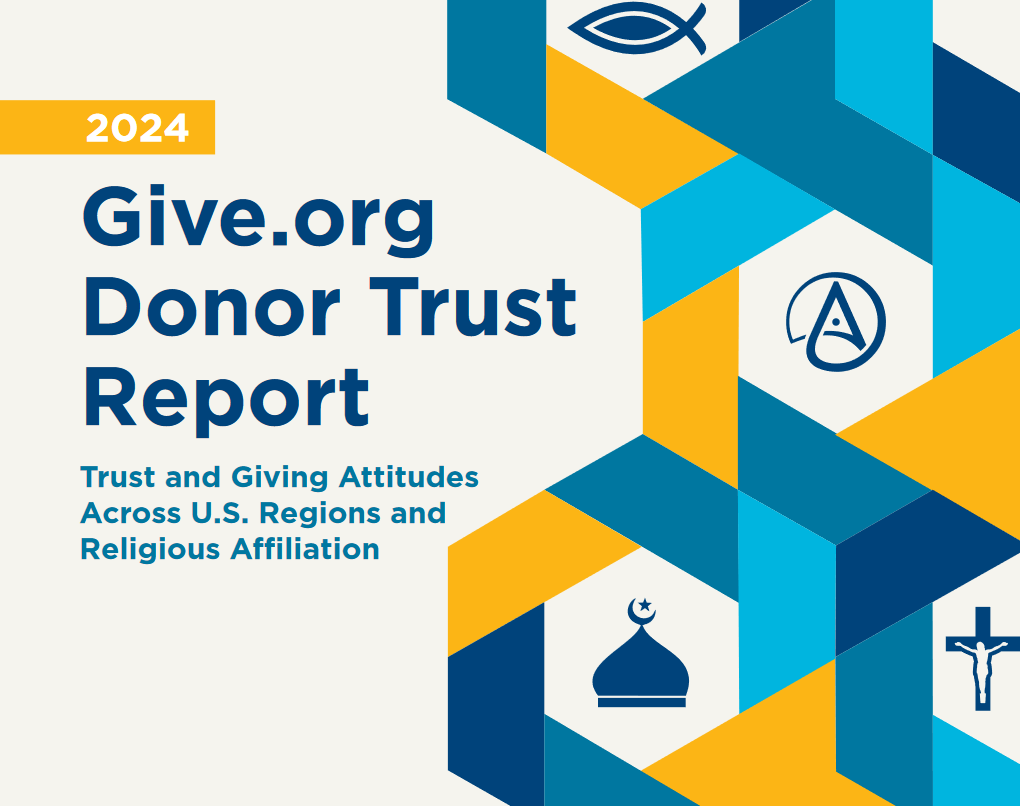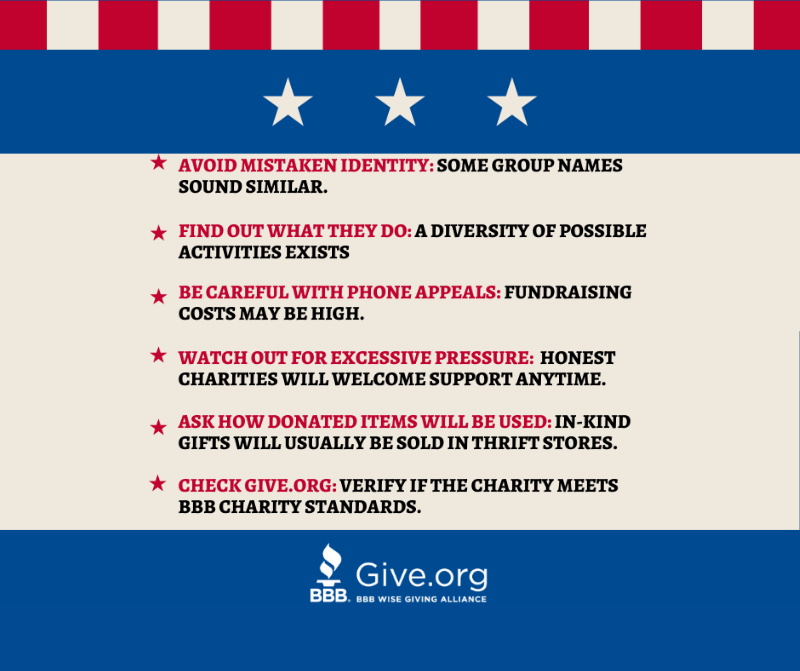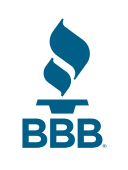Wise Giving Wednesday: Building Trust Part 4
Governance & Oversight: Conflict of Interest
For most publicly-soliciting charities, three words they hope to never hear are “conflict of interest.” When donors place their trust in a charity, they expect the charity’s mission, not personal financial gain, to be the motivation for leadership decisions made by the board of directors and paid staff. In some ways, this is one of the core distinctions between a for-profit business and a not-for-profit organization. So when this expectation is violated, contributors may feel betrayed or deceived.
This is why the fifth standard in the BBB Standards for Charity Accountability calls for no transaction(s) in which any board or staff members have material conflicting interests with the charity resulting from any relationship or business affiliation. This standard is intended to cover related-party transactions ranging from significant charity purchases of goods or services, grants and donations to board-member affiliated charities and loans made to board or staff members.
This does not mean that any related party transaction results in the charity not meeting our standard. This is where a review of the individual fact circumstances becomes important as no two transactions are exactly alike. These factors include, but are not limited to, the amount of the transaction, whether the interested board member participated in the board vote on this purchase, if competitive bids were taken and whether this was a one-time or ongoing transaction.
So, what are some examples of transactions that raise red-flags of potential conflicting interests? Here are some that would raise concerns:
- A charity board member is a principle in a fund raising company that the charity has contracted for the past ten years.
- A charity makes a significant financial loan to an executive staff member so he can make major renovations on his home.
- The grants approval committee of the charity’s governing board has decided that almost all of its grants will go to board member affiliated charities.
While most charities have a board conflict of interest policy, the mere existence of such a policy does not automatically resolve problems with this standard. The BBB WGA will ask the charity what steps were taken to ensure that a related-party transaction is not a conflict. In some instances, however, the transaction may be so significant that it raises concerns with this standard even if measures are taken.
This previous point also brings to mind that even if a charity can demonstrate that a related-party transaction is not a conflict, the public perception of such insider transactions are likely to be negative. This is why some charities avoid even the appearance of a potential conflict by not transacting with any board or staff member affiliated businesses or organizations.
Take a look at BBB charity reports to see if your charity of choice meets this important standard. For an A-Z directory of reports on nationally-soliciting charities, visit data-sf-ec-immutable="">. To access both local and national charity reports, use the search engine on our homepage give.org.
H. Art Taylor, President & CEO
BBB Wise Giving Alliance




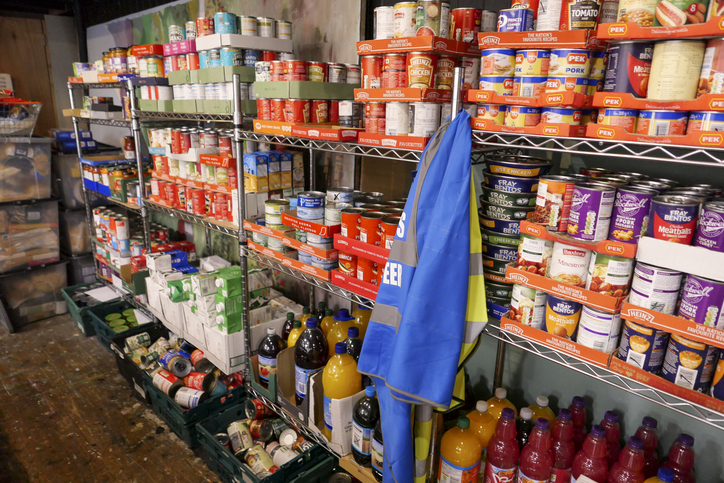




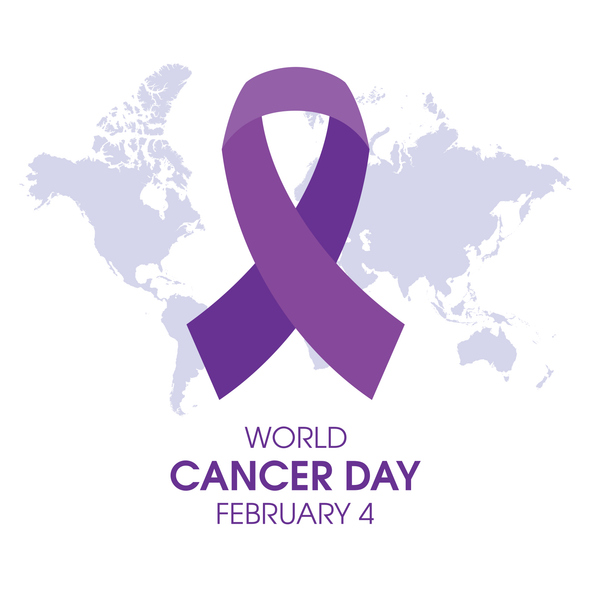


.jpg?sfvrsn=8073f1a5_0)


